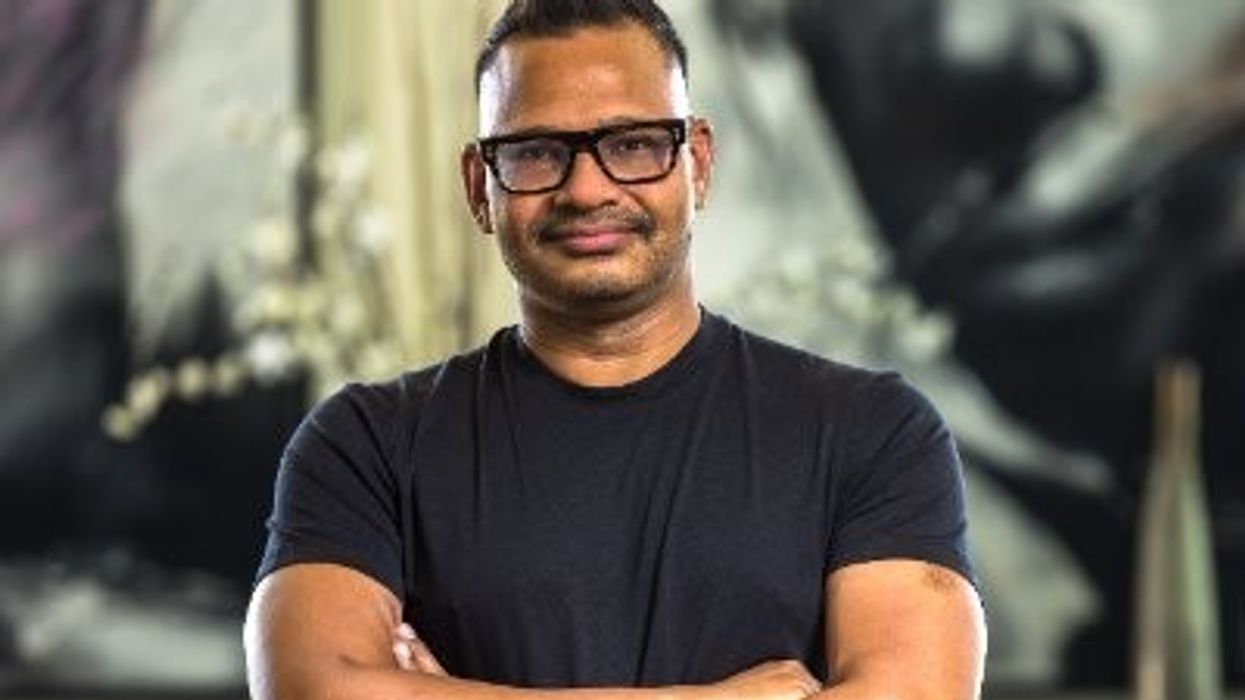A NEW study revealed that India has become the top source of foreign-born founders behind America’s most valuable start-ups, highlighting the country's growing influence in the global technology sector.
Research by Stanford University’s Venture Capital Initiative showed that Indian entrepreneurs have founded 90 "unicorn" companies - start-ups valued at over $1 billion - in the US.
This figure, published last month, significantly outpaces other countries, with Israel producing 52 unicorn founders and Canada contributing 42.
According to the report, Indian Institutes of Technology (IITs) dominate the rankings, with IIT Delhi leading the pack by producing 16 unicorn founders, including Jyoti Bansal who created AppDynamics. IIT Bombay follows closely with 14 founders, while IIT Kanpur has contributed 12, including the team behind cloud computing giant Nutanix.
Among the 165 US unicorn founders who studied at Indian universities, 81 per cent pursued either computer science or engineering degrees, the report noted.
“Indian entrepreneurs have become essential to the US’s innovation economy. India has contributed 141 unicorn founders who received their undergraduate education from Indian universities, again leading all countries outside the US. Most impressively, startups founded by Indian entrepreneurs who relocate to the US are 6.5 times more likely to achieve unicorn status than the average,” author of the report, Ilya A. Strebulaev, told Eastern Eye.
This pattern of immigrant entrepreneurship isn't unique to the US. In Britain, foreign-born founders play an equally vital role in the start-up ecosystem, according to data from Financial Times-backed tracker Sifted.
Despite foreign-born residents making up less than 15 per cent of the UK's population, they account for 39 per cent of the country's 100 fastest-growing companies. The USwas the most common country of birth for foreign-born founders in the UK, followed by Italy, France, Canada, India and Germany.
Asian entrepreneurs have been particularly successful, founding major unicorns including Oxford Nanopore Technologies and Hopin. Data shows that 24 per cent of Britain's unicorn companies now have foreign-born founders, with entrepreneurs coming from 28 different countries across five continents.
According to the Stanford report, California's unicorn companies employ approximately six per cent of their workforce in India on average, making the country the largest international talent pool for these billion-dollar firms. This creates valuable professional networks that often serve as launching pads for future entrepreneurs, as employees gain industry experience before starting their own ventures.
“India's technical education system has created a "national asset" in the global knowledge economy. The success of Indian entrepreneurs in the US also strengthens India's own start-up ecosystem through knowledge transfer, investment flows, and mentorship connections. As technology continues to drive worldwide economic growth, India's position as a primary source of high-impact entrepreneurs looks set to become even more significant in the years ahead,”
Strebulaev, who is the David S. Lobel professor of private equity at Stanford Graduate School of Business, pointed out.
Immigrant entrepreneurs are not just contributing to the US’s innovation boom - they are driving it, the report said. It analysed 1,078 founders behind 500 US unicorns and found that 474 founders came from abroad, representing 65 different countries across six continents.
Beyond individual founders relocating, entire companies are moving to the US to access its unique scaling advantages. The research showed that eight per cent of US unicorns - 88 out of 1,108 companies - were initially founded elsewhere before relocating to US soil. The benefits of this move are dramatic: Israeli start-ups that relocated to the US were nine times more likely to achieve unicorn status than those that remained at home, while Indian companies saw a 6.5-fold improvement in their chances.
“Successful examples of this trend include messaging platform Slack from Canada, gaming engine Unity from Denmark, and meditation app Headspace from Britain. These companies discovered that whilst great ideas can emerge anywhere, the American ecosystem offers unparalleled resources for growth,” the report said.
“Location choices within America also matter significantly. While California remains the top destination, international founders are increasingly strategic about where they establish operations. Israeli entrepreneurs often favour New York over California, and 15 per cent of all US unicorns have moved their headquarters at least once between founding and reaching billion-dollar valuations.”
Analysis of 191 California-based unicorns revealed that only 38 per cent of their 375,000 employees actually work in California. Nearly a third are employed elsewhere in the US, while another third work overseas, creating a truly international workforce.
When measuring entrepreneurial productivity per capita, Israel leads dramatically with 43.4 unicorn founders per 100,000 first-generation immigrants, followed by New Zealand at 37.3 and Belgium at 24.4. By comparison, India produces 2.5 unicorn founders per 100,000 immigrants, though it still contributes the highest absolute number.
The innovation ecosystem in the US thrives precisely because of this global talent mix, the research noted. With nearly equal numbers of US-born and immigrant founders, researchers describe this as "powerful complementarity".





